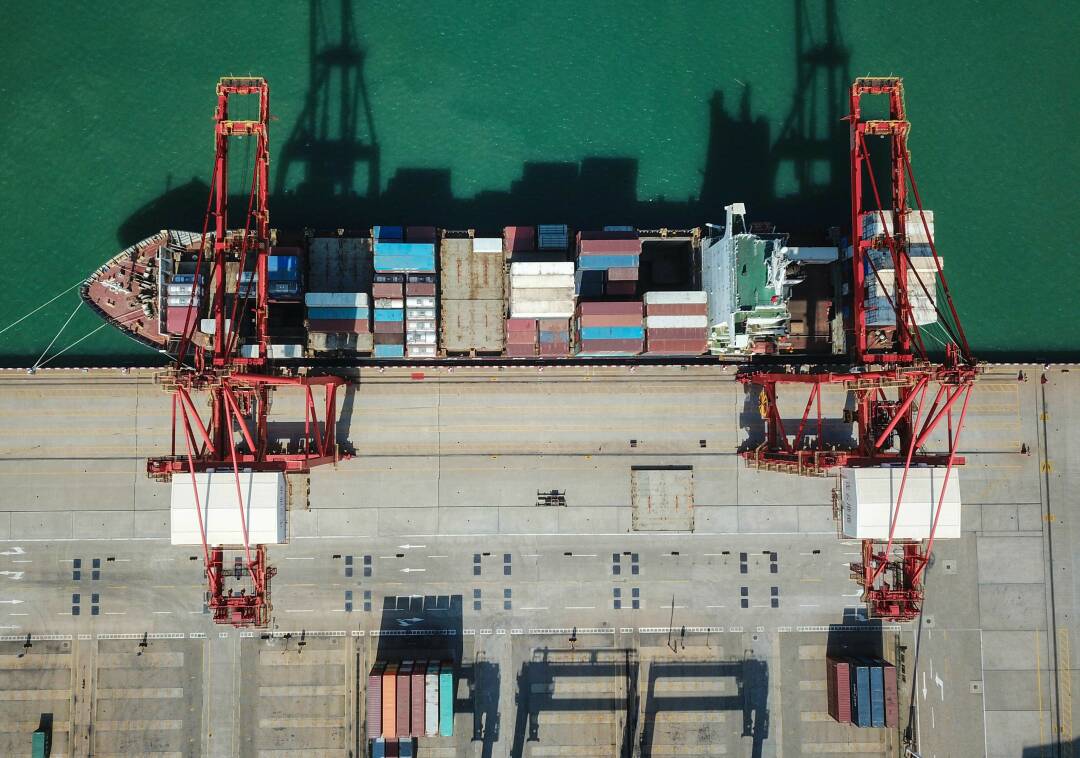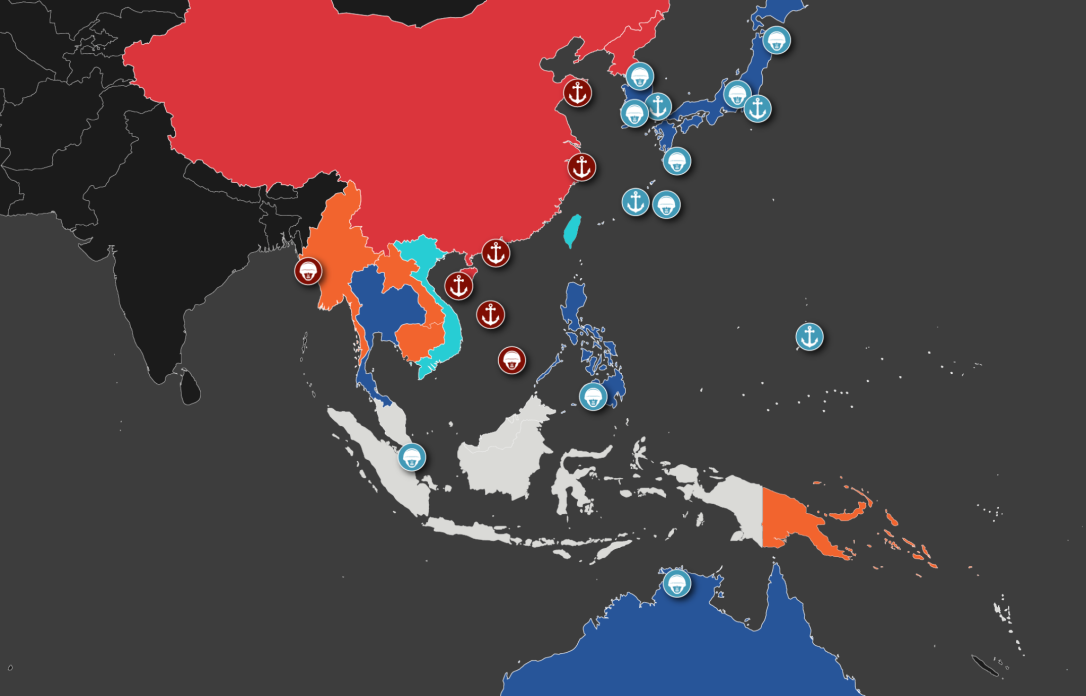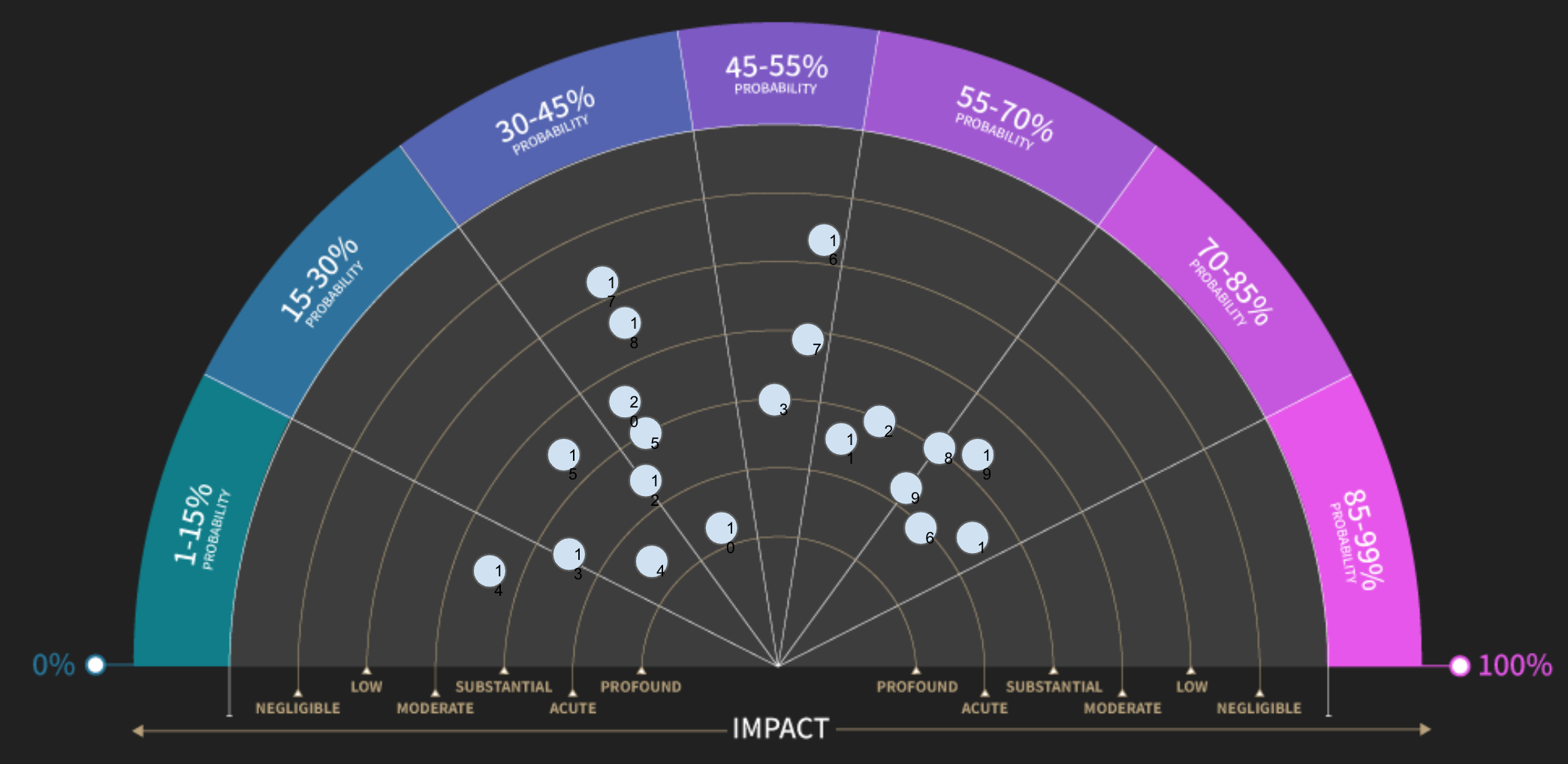

The fortunes of the region now weigh heavily if not precariously on China’s strategic intentions and, more specifically, how and when it will follow through on them.

The great reverse

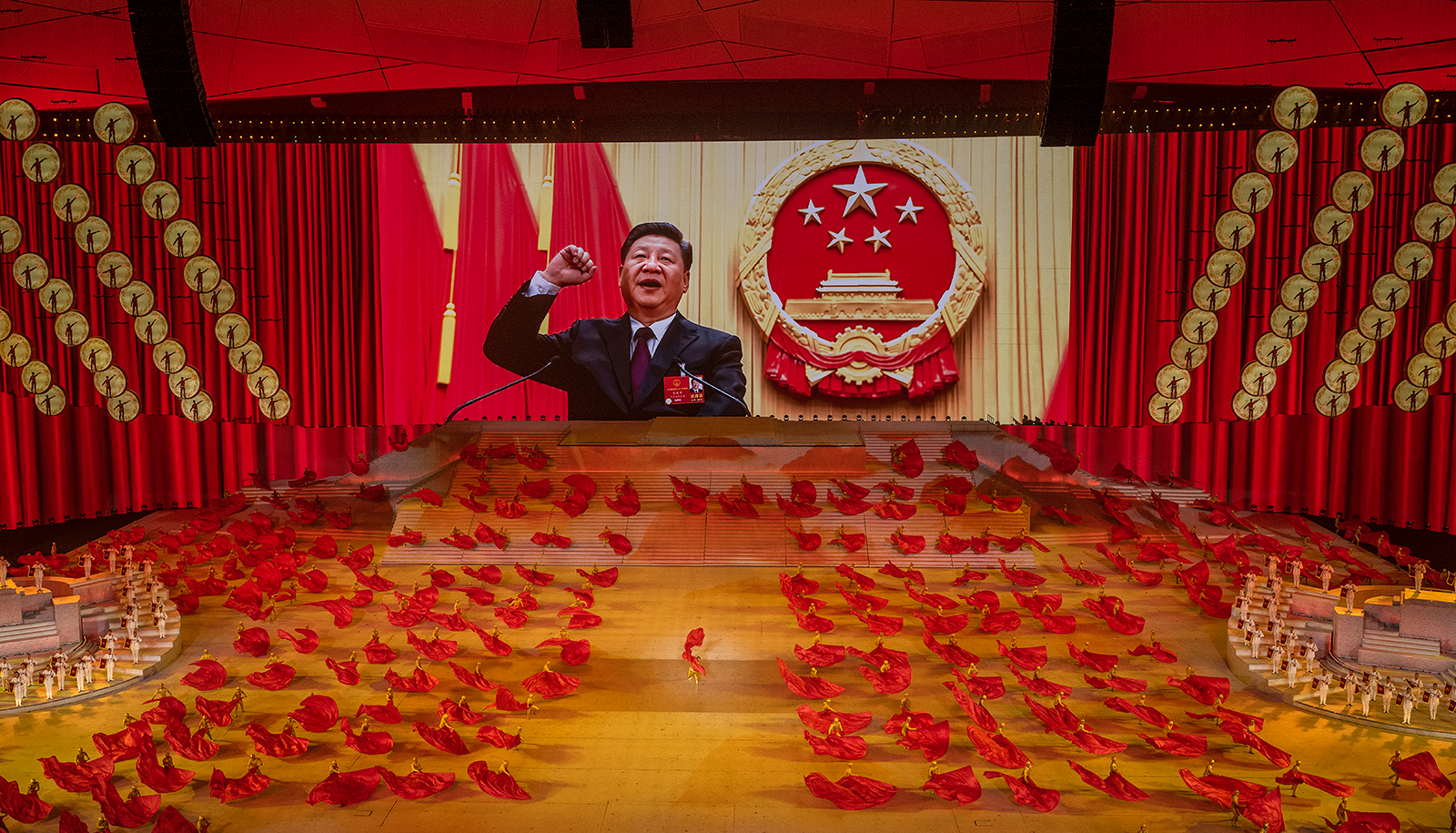

CLICK ON FLAGS TO
SHOW INFORMATION




















Forecasts
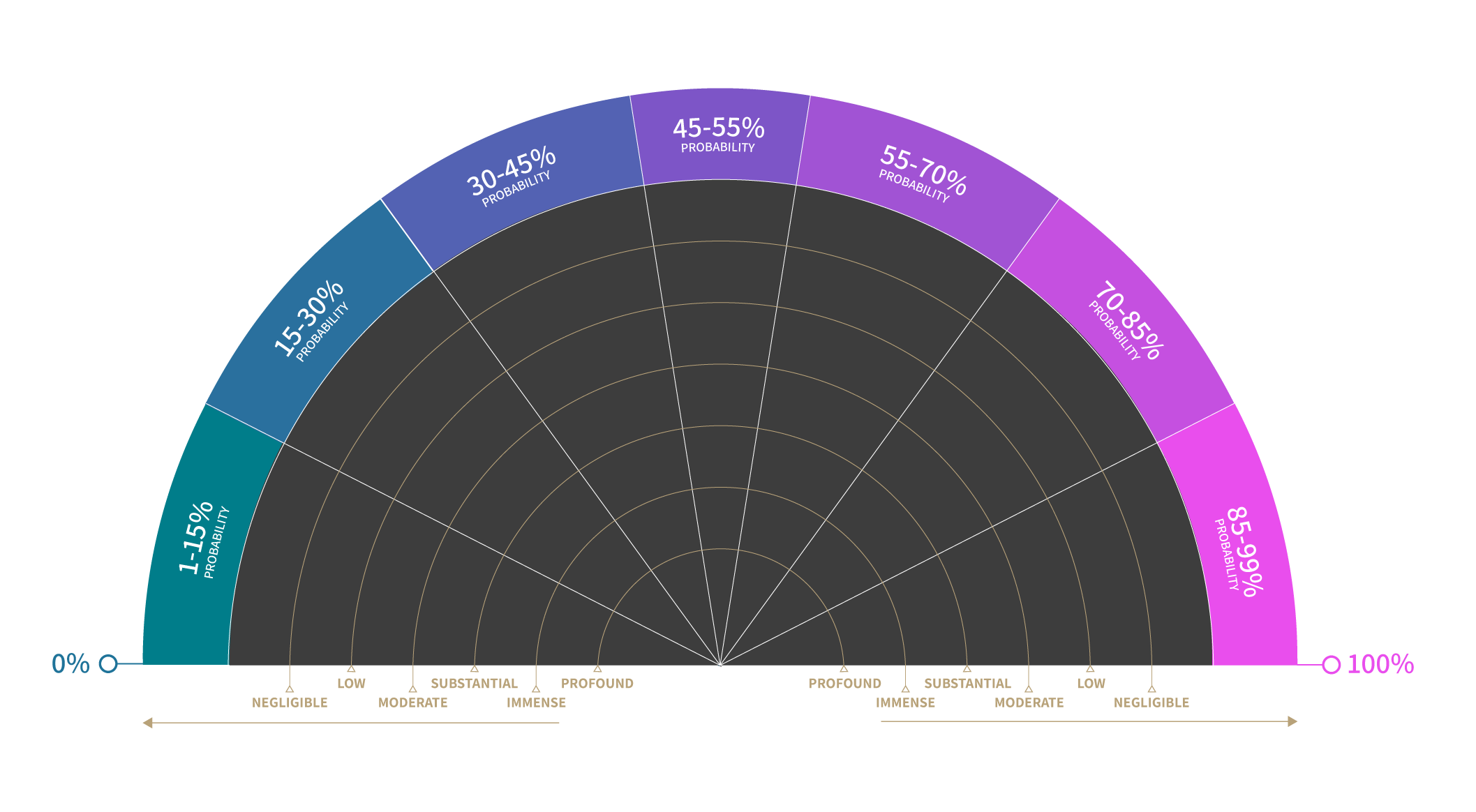
Asia Pacific





















KEY
Geopolitical alignment
Navy bases
Troop deployments
US ally
Closer to the US
Neutral
Closer to China
China and allies
China
USA
China
USA



Regional balance
Flashpoints for conflict
A militarised region
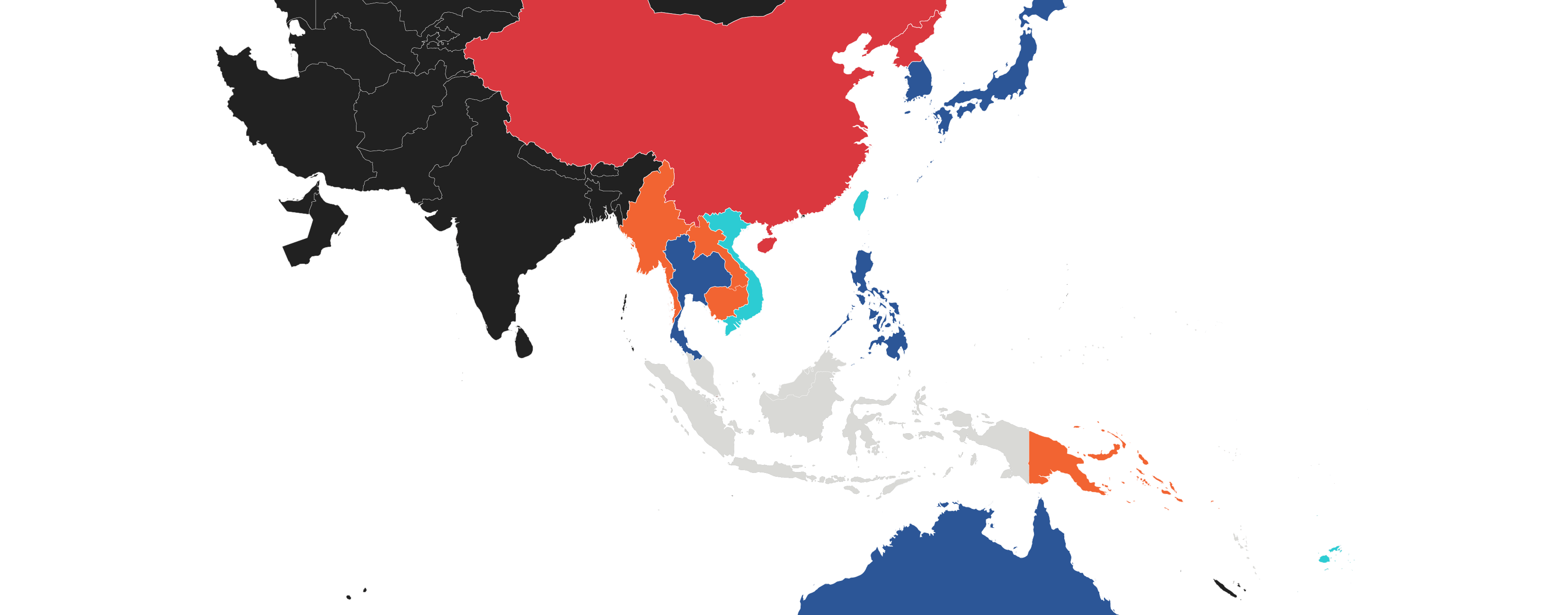
Dates to watch
Key indicators
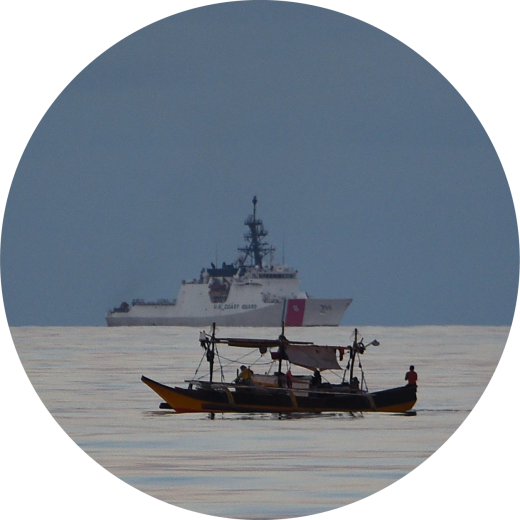
Foreign naval presence in and around the Taiwan Strait
Taiwan becoming one of the main policy focuses of Western powers during 2021 would lead to a frequent presence of foreign vessels in what China perceives as its territorial waters in and around the island. There is a reasonable chance that such developments would lead to Beijing taking more assertive action to deter Taiwan and other powers from facilitating self-sufficiency.

North Korean engagement
The Biden administration has paid little attention to Pyongyang. Should this continue through Q1, this would indicate an increased risk of North Korea restarting or escalating long-distance missile tests to gain international attention and achieve its economic and political goals. A breakdown in US-North Korean relations in 2019 seems to have prompted Kim Jong-Un to expand his nuclear arsenal rather than re-engage with the US. This trajectory would have little chance of changing, unless Washington is willing to consider easing sanctions.

Far-right sentiment in Australia
The re-imposition of Covid-19 restrictions by the government in Australia throughout 2022 would potentially prompt far-right sentiment and anti-government hostility in the country to grow stronger. This would probably also sustain a substantial threat of attacks by lone actors, particularly against state infrastructure, religious and ethnic minorities. And while there has not been an attack by a far-right group in Australia in decades, there is now an active group in the country.




Asia Pacific
Start of Ramadan
2 April
Australia
Legislative elections
Before 21 May
Asia Pacific
Eid Al-Fitr
2 May–3 May
Philippines
Presidential election
9 May
Asia Pacific
End of Ramadan
1 May
Vietnam
Monsoon in Southwest
May–September
Japan
Rainy season
May–July
China
Rainy season in South and Southeast
May–September
Cambodia / Laos / Myanmar / Taiwan / Thailand / Vietnam
Rainy season
May–October
China
UN Biodiversity Conference in Kumming
25 April–8 May
Asia Pacific
Earth Day
22 April
North Korea
Day of the Sun
15 April
Hong Kong
Rainy season
April–August
Philippines
Rainy season
June–October
Hong Kong
Executive elections
27 March
South Korea
Presidential election
9 March
Asia Pacific
Annunciation Day
25 March
VIETNAM
Tet Festival
1 February
New Zealand
Anniversary of the 2019 Christchurch attack
15 March
Myanmar
Anniversary of the military coup
1 February
China
Chinese New Year
1 February
Asia Pacific
Orthodox Christmas Eve
6 January
Asia Pacific
Pacific Islands
Forum Summit
January
Asia Pacific
Cyclone season
January–March
Brunei
Rainy season
January–March
Thailand
Anniversary of 2014 coup d'etat
22 May
China / Hong Kong / Macau
Anniversary of the protests in Tiananmen Square in 1989
4 June
Taiwan
National Day
10 October
Australia
Rainy season in Northern Australia
December–March
Indonesia
G20 Summit in Bali
Before December
China
BRICS summit
Before December
Thailand
Asia Pacific Economic Cooperation Summit
Before December
Cambodia
East Asia Summit
Before December
Cambodia
ASEAN Summit
Before December
China / Hong Kong / Macau
National Congress of the Chinese Communist Party
8 November–11 November
Tonga
Rainy season
November–May
Fiji
Rainy season
November–April
Fiji
Legislative elections
November
Taiwan
Taiwan Retrocession Day
25 October
Vietnam
Monsoon in Northeast
October–April
Singapore
IISS Shangri-La Dialogue - Security summit in Asi
10 June–12 June
Singapore
Rainy season
October–February
Indonesia
Rainy season
October - April
China / Hong Kong / Macau
National Congress of the Chinese Communist Party
October - November
Thailand
Anniversary of 2006 coup d'etat
19 September
North Korea
Day of the Foundation of the Republic
9 September
Japan
Legislative elections (Upper House)
Before September
South Korea
Liberation Day
15 August
Asia Pacific
Ashura
7 August - 8 August
Asia Pacific
Eid Al-Adha
9 July
Hong Kong
Anniversary of the 1997 handover
1 July
Cambodia / Indonesia / Japan / Laos / Philippines / Vietnam
Cyclone season
July–September
Thailand
Anniversary of end of absolute monarchy
14 June
Australia
Cyclone season
January–March
Scroll down
The great
reverse
The Asia Pacific will probably be the most geopolitically charged region going into 2022. The era of Southeast Asia being largely predictable and a political slow burner is almost certainly over. And the high potential for security, diplomatic and public health crises in 2022 means that the region is likely to remain relatively isolated, and faces a volatile and uncertain future.
As governments tackle the impacts of the Covid-19 pandemic, we anticipate that many will seek stability by maintaining tighter controls on populations and on outside influence.
The region is also the epicentre of the most globally significant geopolitical faultline. The dynamic of US-China competition is the overarching geopolitical risk in 2022, with the rest of the countries in the Asia Pacific region in many ways caught in the middle. Growing anxieties associated with China's claims on Taiwan are almost certain to dominate regional security concerns in 2022. Interstate armed conflict remains unlikely in the region in 2022, but the growing risk of it, amid lingering myriad impacts of the pandemic, bode negatively for regional stability.
There is also an outlying risk of a wider economic decoupling between the US and China as competition between them intensifies, particularly with international efforts by the US to restrict China in areas of trade, technology and finance. Such a decoupling scenario would have significant economic impacts in the region and upend attempts by countries across the Asia Pacific to balance neutral relations with both. A regional drift away from democratic governance suggests such an unsettled balance may tilt in China’s favour. >>
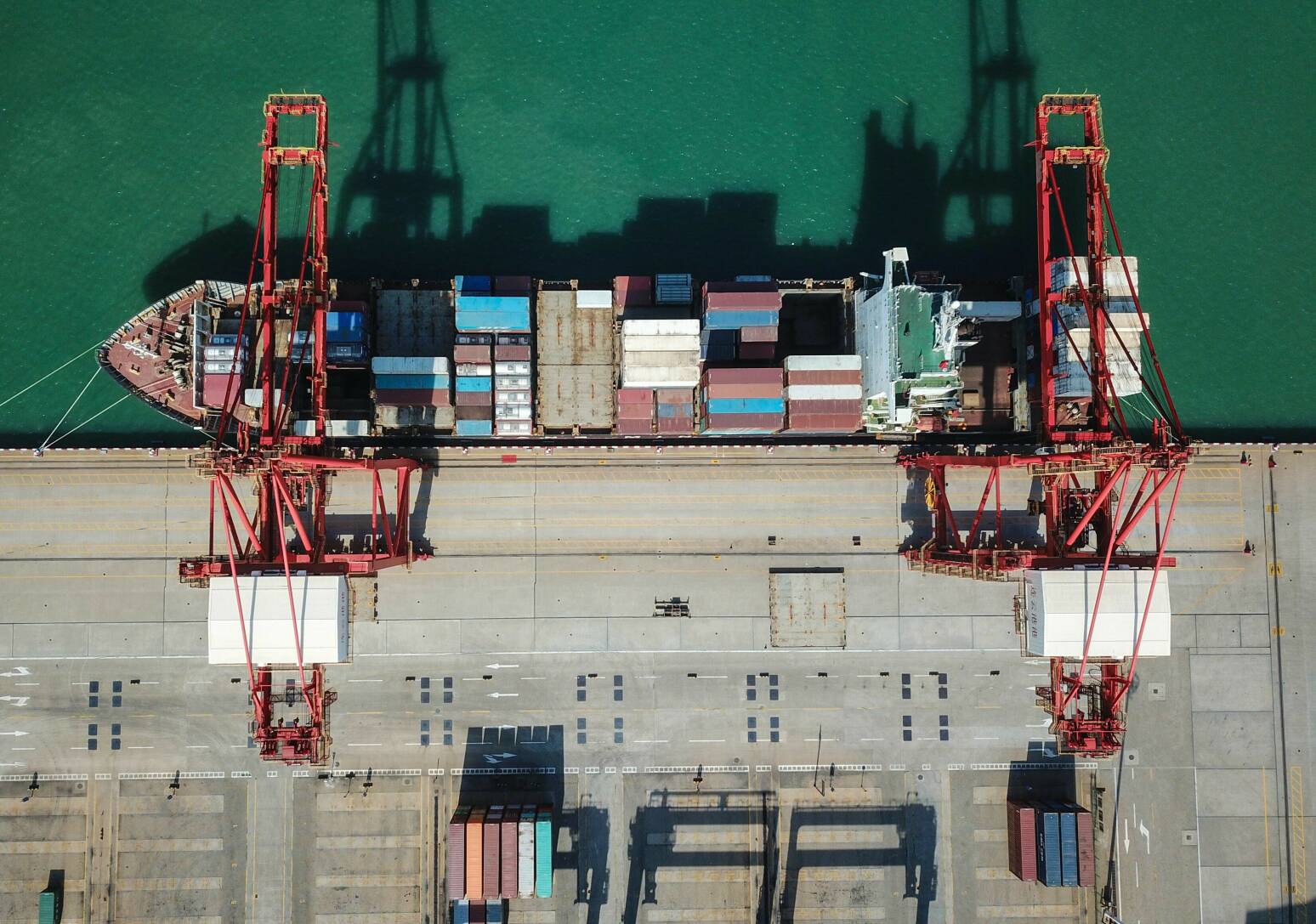
Images: Getty Images (Kevin Frayer; STR/AFP; Ted Aljibe; Jung Yeon-Je; Darrian Traynor)
Risk dashboard
Infographic
Assessment
Forecasts
Dates to watch
Key indicators
The great reverse


The fortunes of the region now weigh heavily if not precariously on China’s strategic intentions and, more specifically, how and when it will follow through on them.



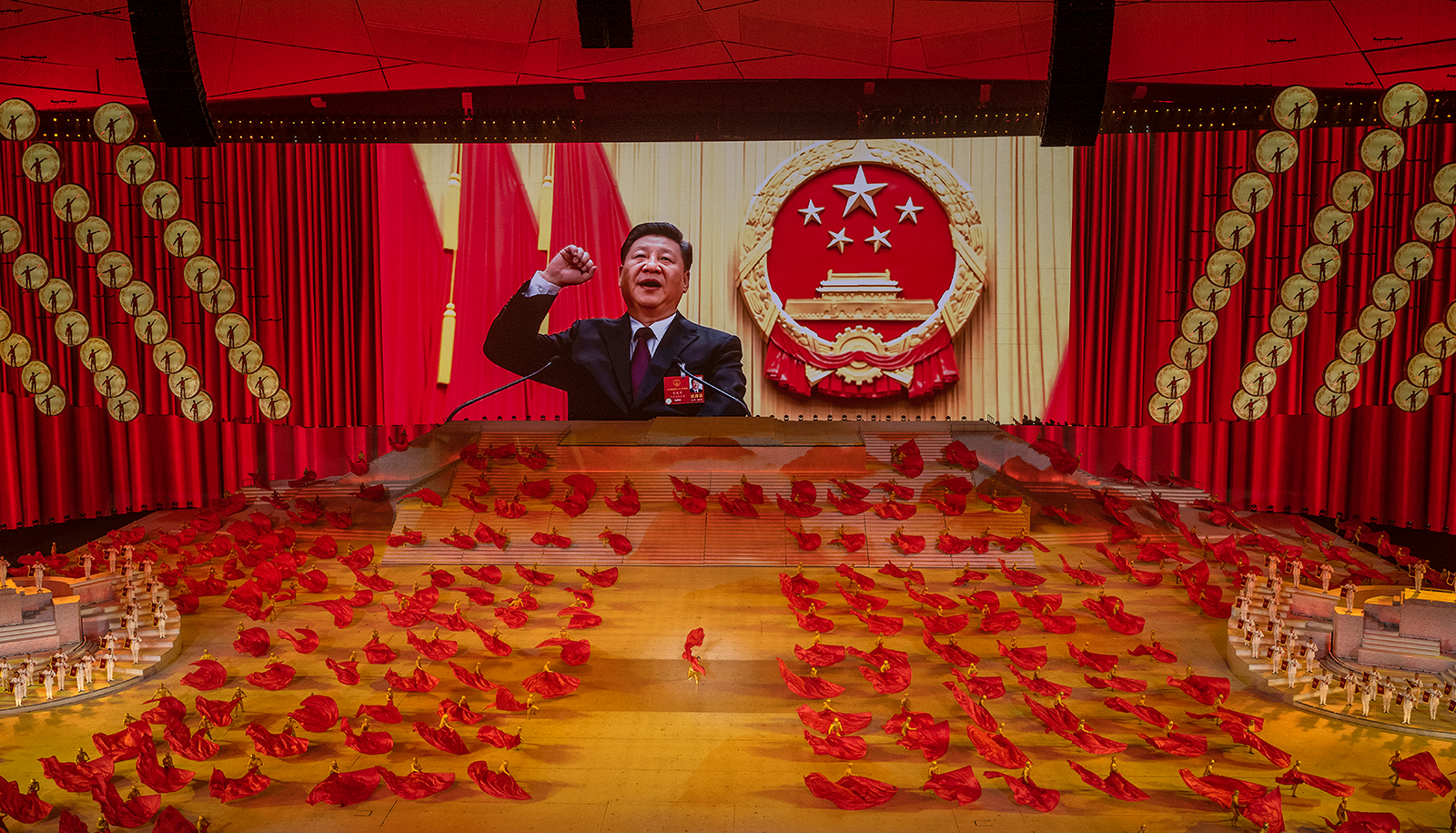
Regional balance


For best results
We recommend that you view this in a desktop browser. If using a tablet or smartphone, some infographics may only respond to device-specific gestures.
Forecasts
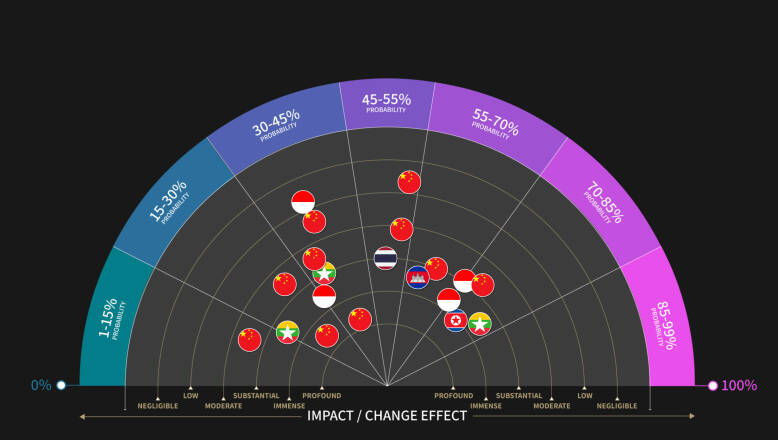

Images: Getty Images (Kevin Frayer; STR/AFP; Ted Aljibe; Jung Yeon-Je; Darrian Traynor)
Key indicators
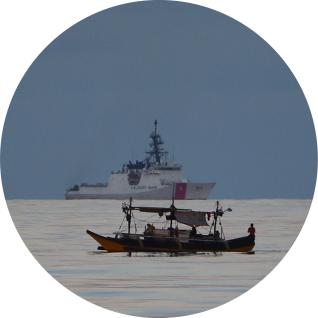
Foreign naval presence in and around the Taiwan Strait
Taiwan becoming one of the main policy focuses of Western powers during 2021 would lead to a frequent presence of foreign vessels in what China perceives as its territorial waters in and around the island. There is a reasonable chance that such developments would lead to Beijing taking more assertive action to deter Taiwan and other powers from facilitating self-sufficiency.

North Korean engagement
The Biden administration has paid little attention to Pyongyang. Should this continue through Q1, this would indicate an increased risk of North Korea restarting or escalating long-distance missile tests to gain international attention and achieve its economic and political goals. A breakdown in US-North Korean relations in 2019 seems to have prompted Kim Jong-Un to expand his nuclear arsenal rather than re-engage with the US. This trajectory would have little chance of changing, unless Washington is willing to consider easing sanctions.

Far-right sentiment in Australia
The re-imposition of Covid-19 restrictions by the government in Australia throughout 2022 would potentially prompt far-right sentiment and anti-government hostility in the country to grow stronger. This would probably also sustain a substantial threat of attacks by lone actors, particularly against state infrastructure, religious and ethnic minorities. And while there has not been an attack by a far-right group in Australia in decades, there is now an active group in the country.
Australia
Rainy season in Northern Australia
December–March
Asia Pacific
Start of Ramadan
2 April
Australia
Legislative elections
Before 21 May
Asia Pacific
Eid Al-Fitr
2 May - 3 May
Philippines
Presidential election
9 May
Asia Pacific
End of Ramadan
1 May
Vietnam
Monsoon in Southwest
May - September
Japan
Rainy season
May–July
China
Rainy season in South and Southeast
May–September
Cambodia / Laos / Myanmar / Taiwan / Thailand / Vietnam
Rainy season
May–October
China
UN Biodiversity Conference in Kumming
25 April–8 May
Asia Pacific
Earth Day
22 April
North Korea
Day of the Sun
15 April
Hong Kong
Rainy season
April–August
Philippines
Rainy season
June–October
Hong Kong
Executive elections
27 March
South Korea
Presidential election
9 March
Asia Pacific
Annunciation Day
25 March
VIETNAM
Annunciation Day
1 February
New Zealand
Anniversary of the 2019 Christchurch attack
15 March
Myanmar
Anniversary of the military coup
1 February
China
Chinese New Year
1 February
Asia Pacific
Orthodox Christmas Eve
6 January
Asia Pacific
Pacific Islands
Forum Summit
January
Asia Pacific
Cyclone season
January–March
Brunei
Rainy season
January–March
Thailand
Anniversary of 2014 coup d'etat
22 May
Singapore
IISS Shangri-La Dialogue - Security summit in Asi
10 June–12 June
Indonesia
G20 Summit in Bali
Before December
China
BRICS summit
Before December
Thailand
Asia Pacific Economic Cooperation Summit
Before December
Cambodia
East Asia Summit
Before December
Cambodia
ASEAN Summit
Before December
China / Hong Kong / Macau
National Congress of the Chinese Communist Party
8 November–11 November
Tonga
Rainy season
November–May
Fiji
Rainy season
November–April
Fiji
Legislative elections
November
Taiwan
Taiwan Retrocession Day
25 October
Taiwan
National Day
10 October
China / Hong Kong / Macau
Anniversary of the protests in Tiananmen Square in 1989
4 June
Asia Pacific
Ashura
7 August - 8 August
Thailand
Anniversary of end of absolute monarchy
14 June
Singapore
Rainy season
October–February
Vietnam
Monsoon in Northeast
October–April
Indonesia
Rainy season
October - April
China / Hong Kong / Macau
National Congress of the Chinese Communist Party
October - November
Thailand
Anniversary of 2006 coup d'etat
19 September
North Korea
Day of the Foundation of the Republic
9 September
Japan
Legislative elections (Upper House)
Before September
South Korea
Liberation Day
15 August
Asia Pacific
Eid Al-Adha
9 July
Hong Kong
Anniversary of the 1997 handover
1 July
Cambodia / Indonesia / Japan / Laos / Philippines / Vietnam
Cyclone season
July–September
Australia
Cyclone season
January–March
The great
reverse
The Asia Pacific will probably be the most geopolitically charged region going into 2022. The era of Southeast Asia being largely predictable and a political slow burner is almost certainly over. And the high potential for security, diplomatic and public health crises in 2022 means that the region is likely to remain relatively isolated, and faces a volatile and uncertain future.
As governments tackle the impacts of the Covid-19 pandemic, we anticipate that many will seek stability by maintaining tighter controls on populations and on outside influence.
The region is also the epicentre of the most globally significant geopolitical faultline. The dynamic of US-China competition is the overarching geopolitical risk in 2022, with the rest of the countries in the Asia Pacific region in many ways caught in the middle. Growing anxieties associated with China's claims on Taiwan are almost certain to dominate regional security concerns in 2022. Interstate armed conflict remains unlikely in the region in 2022, but the growing risk of it, amid lingering myriad impacts of the pandemic, bode negatively for regional stability.
There is also an outlying risk of a wider economic decoupling between the US and China as competition between them intensifies, particularly with international efforts by the US to restrict China in areas of trade, technology and finance. Such a decoupling scenario would have significant economic impacts in the region and upend attempts by countries across the Asia Pacific to balance neutral relations with both. A regional drift away from democratic governance suggests such an unsettled balance may tilt in China’s favour. >>
